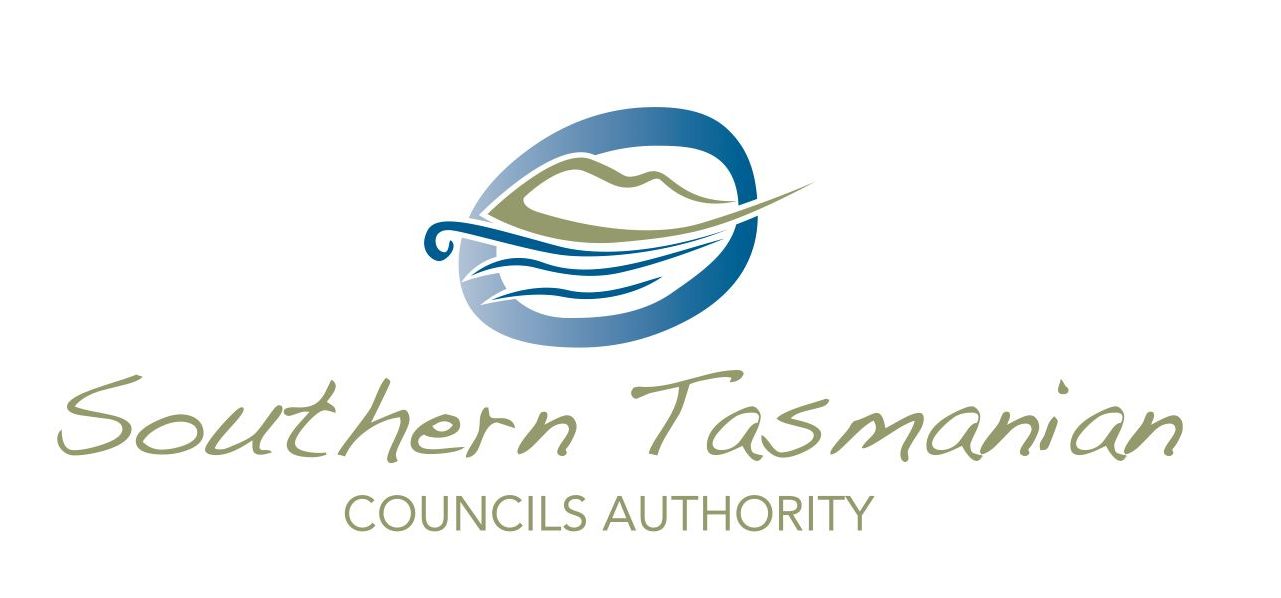Southern Tasmanian councils lock in priorities

Governance, social and economic wellbeing, climate action and resilience, and planning have been locked in as the priorities of The Southern Tasmanian Councils Authority (STCA).
The authority, made up of representatives from the City of Hobart, Huon Valley, Southern Midlands, Tasman, Derwent Valley, Glamorgan Spring Bay, Sorell, Central Highlands and Brighton councils, met on Monday to confirm its strategic aims for 2023-2026.
The STCA Board committed to being a strong voice for all southern Tasmanian councils, ensuring open, regular communications to communities, partners and stakeholders; and to enable good decision making to truly represent southern Tasmania.
STCA Chair, Hobart Deputy Lord Mayor Helen Burnet, said the authority also aimed to ensure our communities have the best chance at a strong future to reach their potential.
“The STCA will also enable genuine collaboration between southern councils on evidence-based climate action,” Cr Burnet said.
“And it will aim to deliver the review of the Southern Tasmanian Regional Land Use Strategy in order to integrate planning for housing, transport, infrastructure and services; and to drive regional and economic development.”
The STCA has secured $300,000 of State Government funding for a Regional Planning Coordinator to assist the 12 southern councils to work with the State on the final pieces of work required to refresh the Regional Land Use Strategy for the South.
The 12 southern councils will co-fund $240,000 for the Regional Coordinator position and the following pieces of work:
- the Outer Greater Hobart land supply and demand work;
- industrial land analysis;
- rural living supply and demand;
- consolidating residential land supply and demand from the Greater Hobart Plan to create a regional picture; and identify any gaps to fill and resolve;
- updating Regional Profile data (including agricultural economic data); and
- undertaking infrastructure agencies consultation and data gathering in relation to physical and social infrastructure, open space and recreation facilities.
